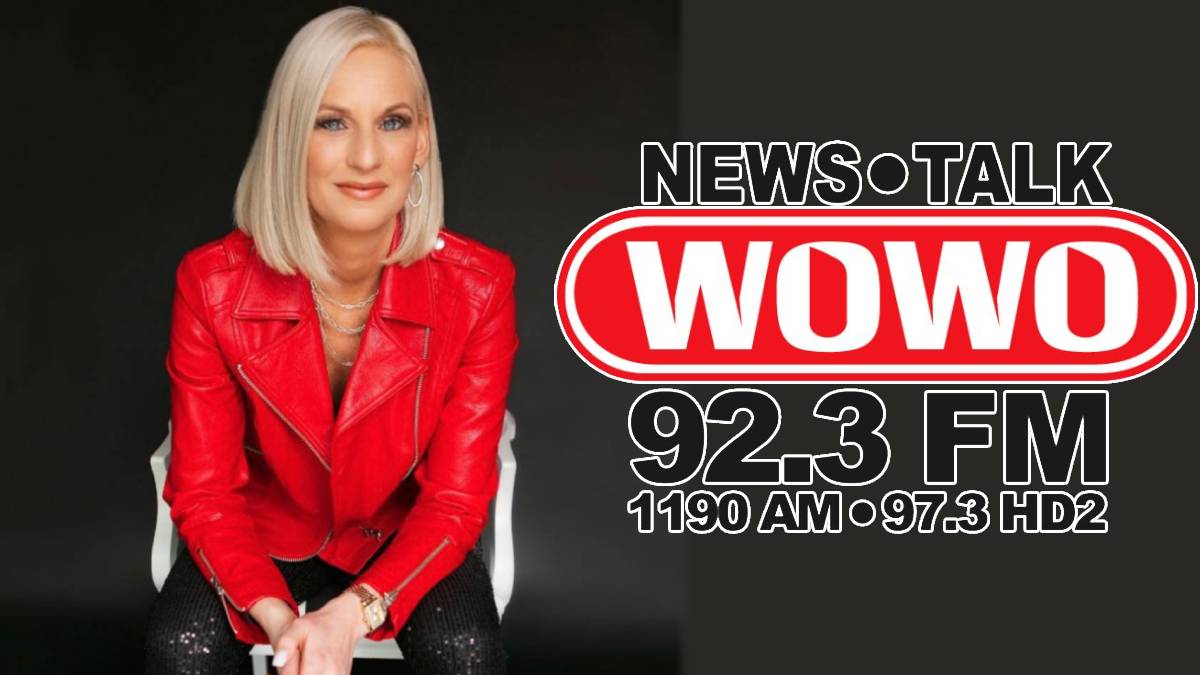There has been some uncertainty surrounding major sports radio brands, both nationally and in major markets.
ESPN Radio has been in the news for obvious reasons. 97.5 The Fanatic saw a round of cuts in a bigger downsizing at Beasley Media Group. WFAN saw a complete reshuffle of its daily lineup after Craig Carton announced his exit to work solely for FS1. And 1310/96.7 The Ticket in Dallas is still on the search for Norm Hitzges’ replacement in middays after the legendary host announced his retirement late last month.
And yet, local sports stations are seeing a slight resurgence in recent weeks. In recent weeks, new stations have been launched in Peoria; State College; and Augusta, Georgia. Additionally, Fox Sports 980 WONE announced the debut of a new show featuring longtime Ohio sports personality Marty Bannister for what appears to be the first local show on the station since 2011.
It’s encouraging to see a reinvestment in local sports stations — no matter how big or small.
To say I was slightly worried about the future of small-market local sports radio stations would be an understatement. Especially with the expansive growth of sports betting. It wasn’t inconceivable, at least to me, to think small market stations would switch from lineups consisting mostly of network shows to sports betting shows, in search of dollars from casinos, sportsbooks, and FanDuel/Draft Kings.
But with a resurgence of small market sports stations, maybe the future is still brighter than my slightly-too-cynical viewpoint.
And I hope the reasoning is because of a reminder of what we’ve seen so many station owners and executives in recent months about the role of local radio in the fight to save AM Radio.
I can’t tell you how many times I’ve heard about the vital role AM stations play in keeping their communities informed during disasters, and other various statements that I’ve rarely seen put into practice. But maybe those same executives and owners have taken their words to heart, and realized that they might not have been doing as good of a job as they originally thought in those areas, and are taking the resources — limited as they may be — and investing in local, which benefits us all.
I also wonder how prevalent small market sports stations will become as more and more personalized music options grow. Spoken word radio — both news and sports — will, in my opinion, have a place in the radio landscape, and are the most bulletproof formats from being eaten up by on-demand digital audio.
Hopefully, we don’t have to worry about those days for a long time. But, nonetheless, to see small market sports stations grow, rather than contract, is always going to be a positive to see the format grow, which in turn, leads to (in theory) more positions, more listeners, more revenue, and a healthier industry for us all.

Garrett Searight is Barrett Media’s News Editor, which includes writing bi-weekly industry features and a weekly column. He has previously served as Program Director and Afternoon Co-Host on 93.1 The Fan in Lima, OH, and is the radio play-by-play voice of Northern Michigan University hockey. Reach out to him at Garrett@BarrettMedia.com.









